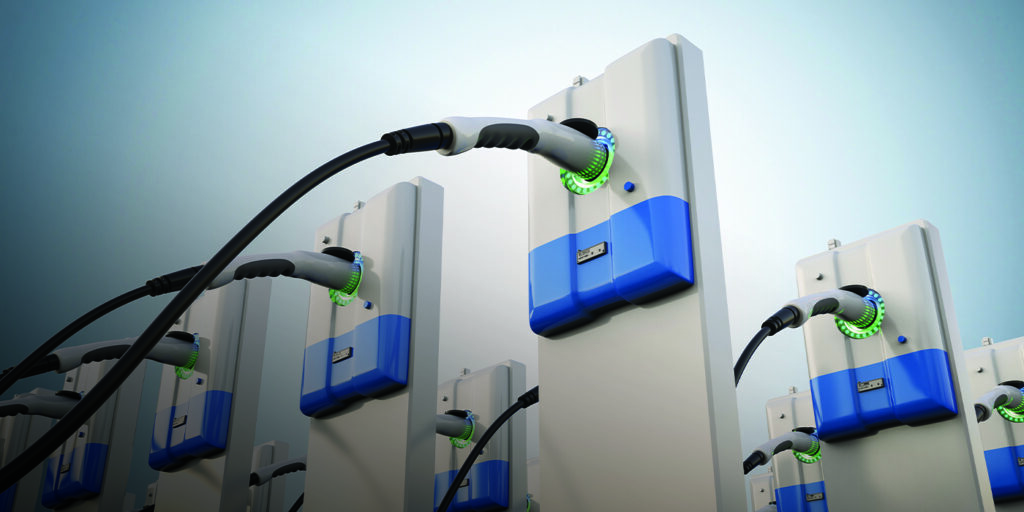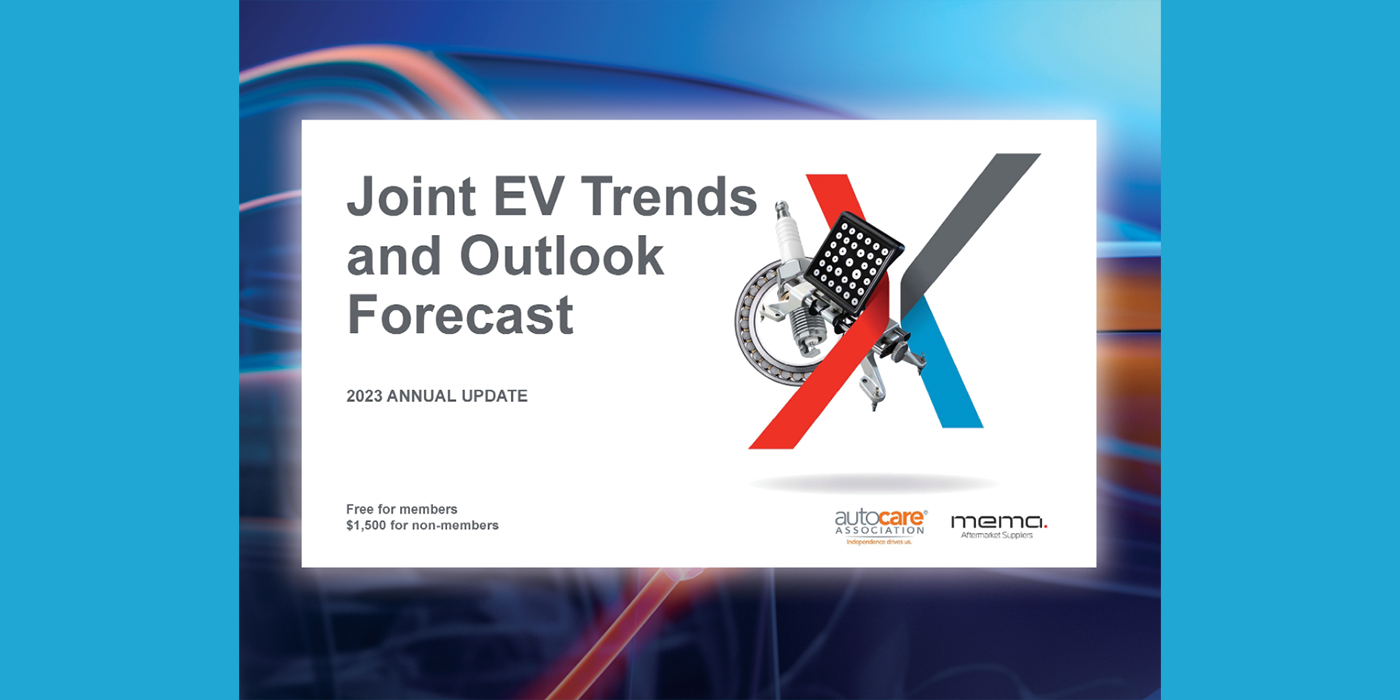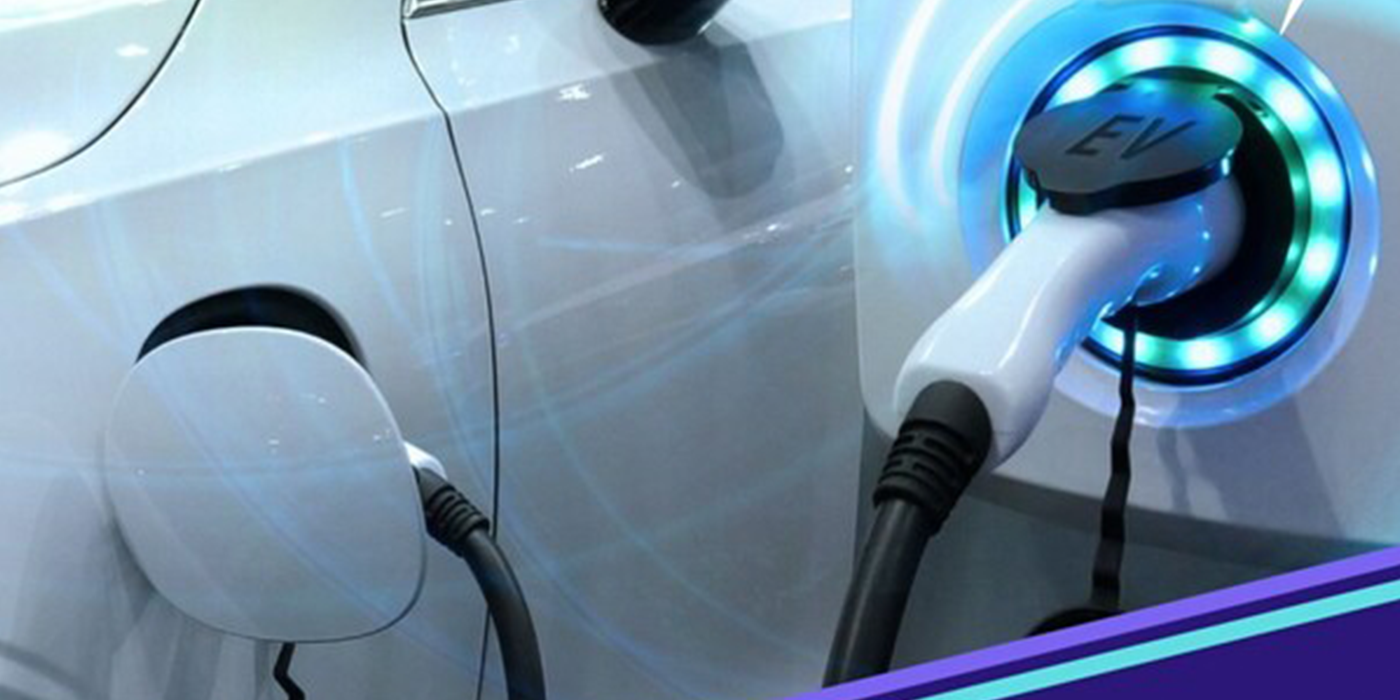Canada’s electric vehicle (EV) holdouts are digging in their heels, with a majority (66%) saying they are either “very unlikely” or “somewhat unlikely” to consider an EV for their next vehicle purchase, according to the second annual J.D. Power Canada Electric Vehicle Consideration (EVC) Study. The study found that overall EV consideration in Canada has declined 13 percentage points to 34% from 47% in 2022, and significantly lags EV consideration rates in the U.S., where 61% of consumers say they are either “very likely” or “somewhat likely” to consider purchasing an EV this year.
“Growing concerns about affordability and infrastructure (both from charging and electrical grid perspectives), have caused a significant decline in the number of consumers who see themselves in the market for an EV anytime soon,” said J.D. Ney, director of the automotive practice at J.D. Power Canada. “Despite a lower consideration rate year over year and a widening consideration gap to automobile shoppers in the U.S., there is still a committed group—34%—of consumers in Canada who say they are likely to consider an EV in the next 24 months.”
Key findings of the 2023 study include:
- EV consideration declines year over year: Nearly two-thirds (66%) of automobile shoppers in Canada say they are either “very unlikely” or “somewhat unlikely” to consider an EV for their next vehicle purchase. That is up 13 percentage points from 2022 (53%). In the U.S., by contrast, the number of consumers who say they are either “very likely” or “somewhat likely” to consider purchasing an EV has increased to 61% this year, up from 59% in 2022.
- Range anxiety, purchase price and charging infrastructure are top roadblocks: Among consumers in the Canadian market who say they will not consider an EV for their next vehicle purchase, limited driving distance per charge is the most frequently cited obstacle to consideration (63%). It is followed by purchase price (59%) and lack of charging station availability (55%).
- Lack of consumer exposure presents EV adoption challenges: Despite widespread awareness of EVs and growing efforts by manufacturers to make EV test drives available to consumers, 55% of vehicle shoppers have never been in an EV. Among consumers in Canada who have rented, borrowed or test driven an EV, 43% say they are “somewhat likely” or “very likely” to consider an EV.
- EV consideration varies notably by geography: The rate of EV consideration is highest in Western Canada, with 46% of consumers in British Columbia indicating interest in EV ownership. Residents of Quebec (39%) and Ontario (34%) have middling interest in EV ownership, while residents in the Atlantic Canada (26%) and Prairie (22%) regions have the least interest, J.D. Power found.
The Canada Electric Vehicle Consideration (EVC) Study is an annual industry benchmark for gauging EV shopper consideration. Study content includes overall EV consideration by geography; demographics; vehicle experience and use; lifestyle; and psychographics. It also includes model-level consideration details such as cross-shopping and “why buy” findings and analysis of reasons for EV rejection. This year’s study measured responses from 4,488 consumers and was fielded in April-May 2023, J.D. Power said.













